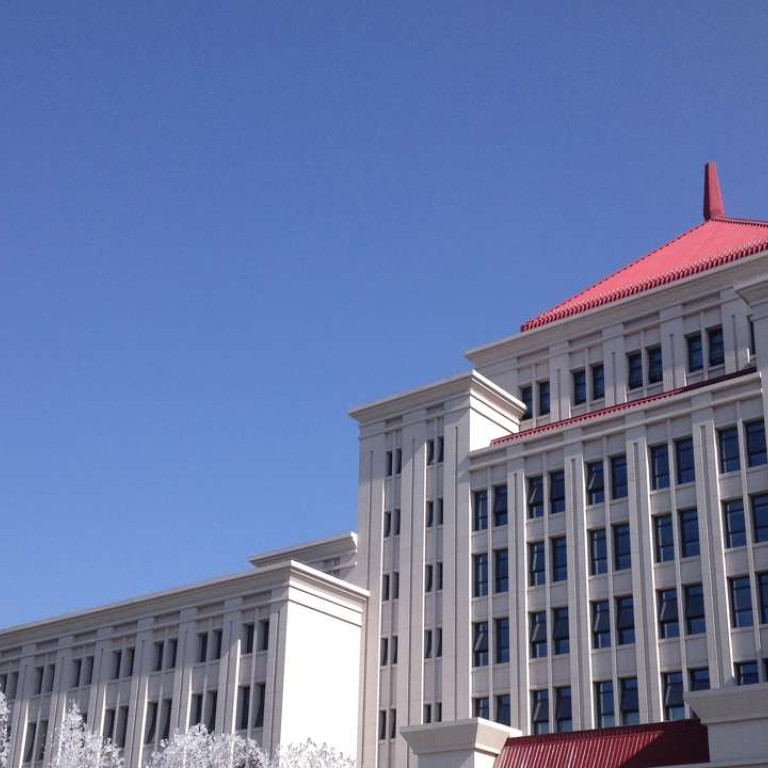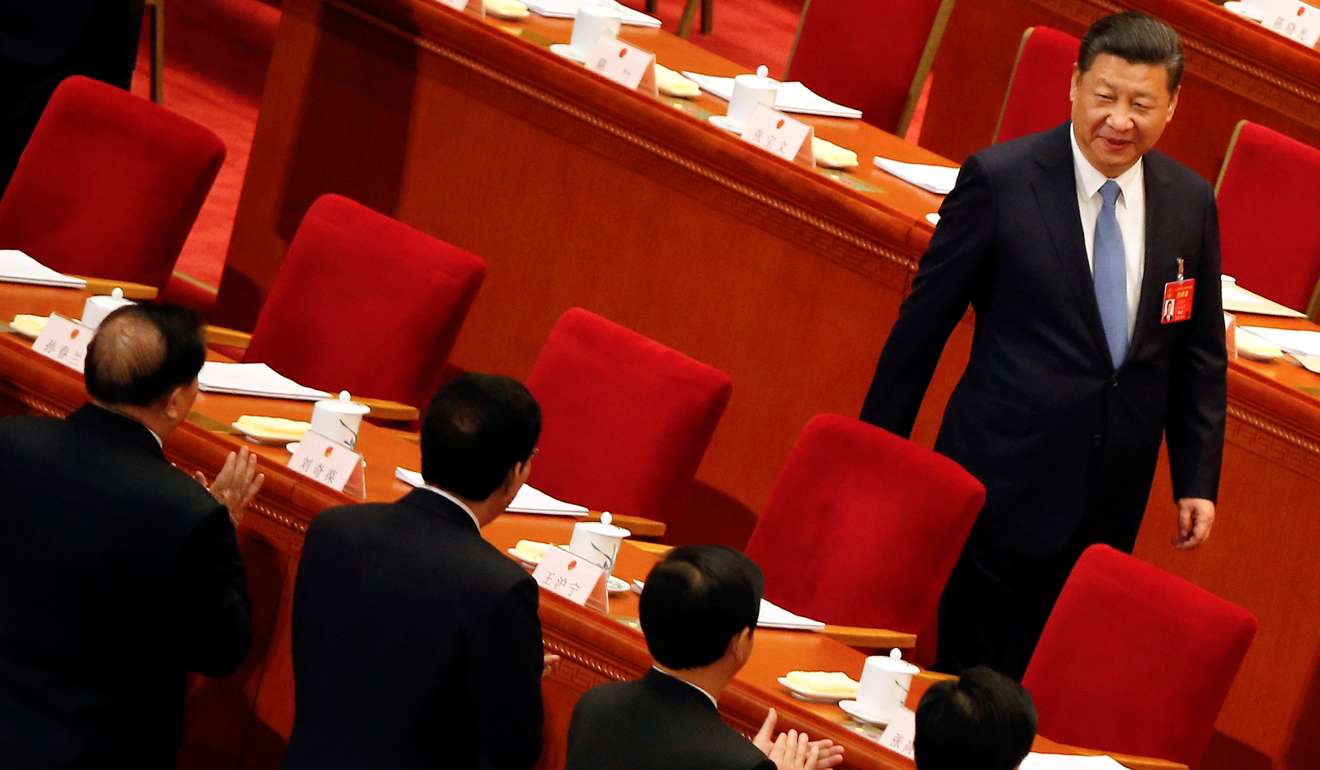
New chill falls over academic speech in China as retired teacher rapped for talking to foreign media
Retired teacher at training school for government officials punished as Beijing cracks down on unauthorised media interviews
A retired teacher at the Chinese Academy of Governance, a training school for government officials, was publicly criticised for talking to foreign media, marking a new height in Beijing’s intolerance of freedom of expression among academia.
The teacher, who was not identified, was removed from his position as a vice-chairman of a society, according to a statement by the school’s leadership.
It said a regulation had been drafted that required teaching staff to obtain approval before they talked to the media. Reviews of applications for interviews with “non-mainstream domestic media and foreign, or overseas, media” would receive especially strict scrutiny, it said.
The policy change was contained in a self-criticism by the school leadership published on the website of the Communist Party’s graft watchdog, the Central Commission for Discipline Inspection.
The statement said the teacher gave two interviews to overseas media in March and July last year, and his “wrong ideas” had caused a “bad influence”.
The crackdown on unauthorised media interviews is part of a broader move by the school, formally known as the China National School of Administration, to more closely toe the party’s ideological line.

As such, the school will review all its publications to ensure they adhere to the party line, and strictly supervise speeches and lectures by staff. The school has also demanded every academic department develop two new lessons in the first half of this year featuring Chinese “President Xi Jinping’s key speeches”.
It urged teaching and research wings to heed the warning and “resolutely eliminate ‘noises’ in class”.
The academy was established in 1994 under the direct administration of the State Council. Council Secretary General Yang Jing is the head of the school, while its executive deputy chief is Ma Jiantang, the former chief of the National Bureau of Statistics.
Similar ideological campaigns have been rolled out across the mainland, as the leadership seeks to tighten its grip on schools and intellectuals, while silencing criticism.
Universities were told in May 2013 to avoid seven topics, including universal values, civil rights and press freedom, which are deemed Western imports.
Last December, Xi called for colleges and universities to show allegiance to the party, and two months later, graft-busters launched inspections of 29 prominent universities to determine whether they were toeing the party line. Schools under the administration of local authorities have been told to enhance ideological work as well.
Shantou University, which was founded in 1981 with donations from the Li Ka Shing Foundation and which is known for its international outlook, was accused by party inspectors last month of doing a poor job of following party thinking and resisting illegal religious “infiltration”.
The latest World Press Freedom Index compiled by Reporters Without Borders ranked China fifth last out of 180 countries, coming only ahead of Syria, Turkmenistan, Eritrea and North Korea.
